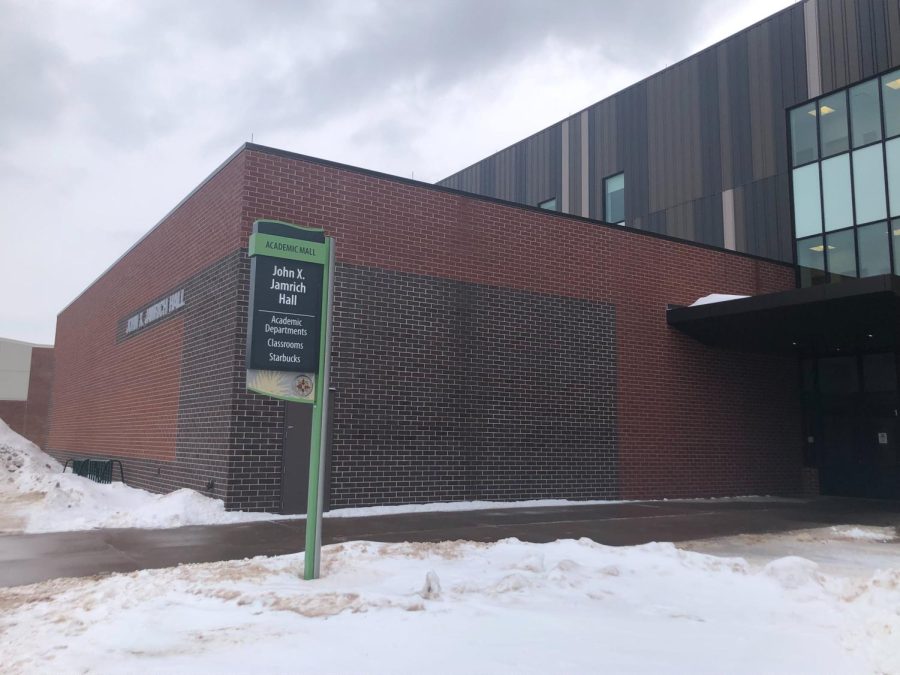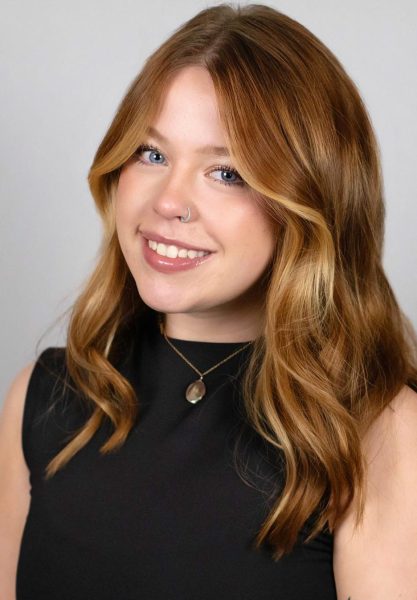Beaumier to host Critical Race Theory forum, Q&A session to follow
JAMRICH—On Thursday, Feb. 17, located in Jamrich 1100, the Critical Race Theory forum will be held with a max capacity for in-person viewing at 100.
February 16, 2022
Beaumier U.P. Heritage Center will be hosting a forum and Q&A on Critical Race Theory. The forum will be held in Jamrich 1100, and on Zoom, on Feb. 17 at 7:30 p.m. and feature several faculty members from NMU to moderate and speak at the forum.
While the theory was originally created in the 1970s in response to “colorblindness”, CRT has become a hot topic of late. Laws have passed in 16 states preventing and/or banning its teaching and eight states have pre-filed or introduced similar laws, including Michigan.
However, the purpose of this forum is not to implement it into NMU classrooms as a set framework and guideline.
“The truth is that there are scholars at universities throughout the world who apply the CRT perspective in their research, writing and teaching but are not necessarily advocates for all of its tenets or theories,” Truckey said. “A professor might see a value in some of the CRT perspectives and not in others. That is the glory of the academic freedom and is necessary to universal education. I’m certain that there are many professors on campus who are influenced by CRT and teach aspects of it in their course but it is not a department or university mandate and never should be.”
According to the NAACP’s FAQ about CRT, at its simplest, is an academic/legal framework that indicates systemic racism is a part of American society.
“A common belief amongst critical race theorists is that these institutions were originally created in part to protect the institution of slavery,” said Truckey, “Therefore, much of our history in this country, especially with regards to race relations and economic inequity, can be understood better if we appreciate the role that slavery and racism played in creating our society.”
CRT has five principles or tenets that are widely recognized. Race is a social construct, racism’s centrality in American society, a commitment to social justice, POC storytelling or experienced knowledge and interdisciplinary perspectives.
“Like all schools of thought, CRT can shine a light on aspects of our past that many do not see or comprehend,” Truckey said, “[The purpose of the forum is] to help students and the public better understand what CRT actually is, how it is taught and used in an educational environment, and why there has been such a massive backlash against it. It isn’t to defend it as gospel or correct, it is to look at it for what it is, a school of thought with its supporters and detractors.”
In addition to what CRT is, the faculty at the forum will discuss how CRT impacts their respective fields of study from their perspectives. Faculty will include Alan Willis, history; Lesley Larkin, English; Carter Wilson, political science; Meghan McCune, anthropology.
Those interested in attending the forum can join in-person or via Zoom, the passcode is 294976. The forum will limit the session to hold 100 in-person attendees only.
For more information contact Truckey via email at dtruckey@nmu.edu or by phone at 906-227-1219.



























